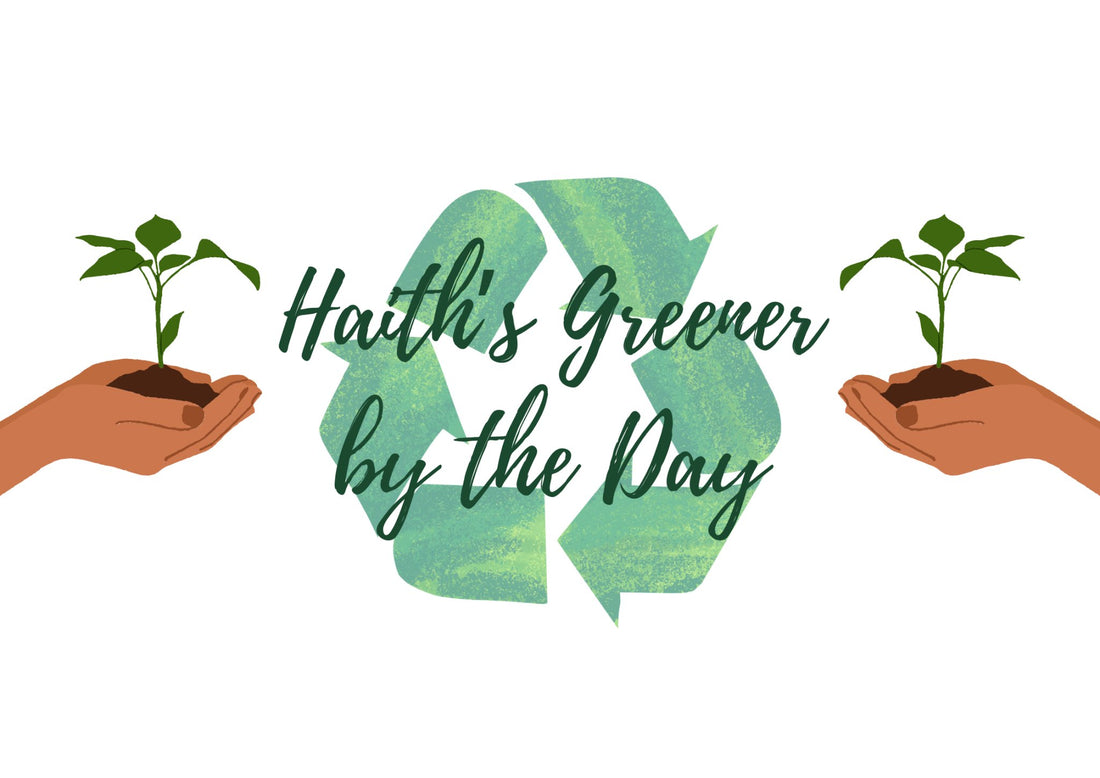
Haith's Greener by the Day: March Edition Updates
Share
Wednesday 6th March – The Ramblers Walk
The Ramblers Group will start arriving at 09:30 for their walk.
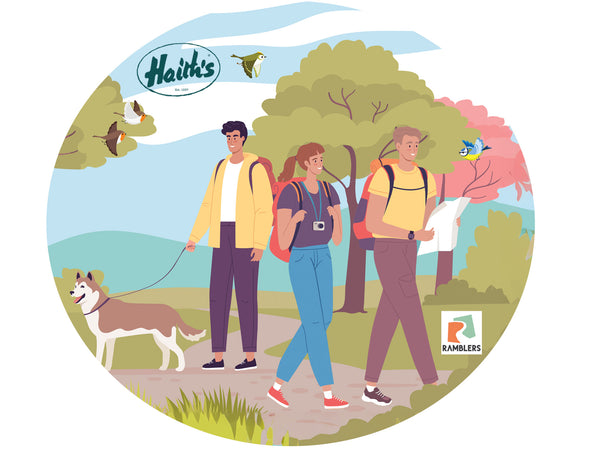
Tuesday 19th March – An Evening with the Coopers & Lincolnshire Budgerigar Society
The event anticipates around 20 attendees, with potential for more through advertising. The Coopers' hour-long presentation will be followed by a coffee break and then a Q&A session to finish.
New Podcast!
We had the pleasure of recording a podcast with the Yorkshire Wildlife Trust, who discussed their project, 'Wilder Humber'. The edited version can be heard here.

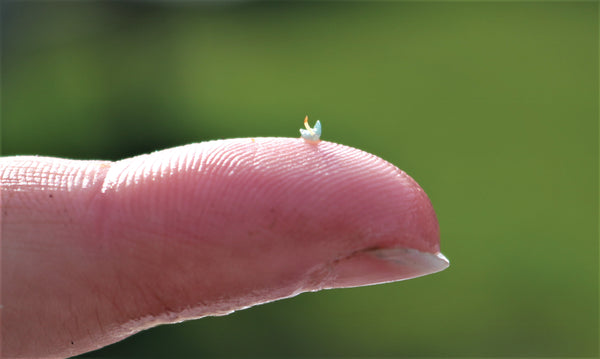
Mindful Disposal
Always think before you throw something away – could it be recycled, reused, up-cycled or donated? Creating new products requires lots of energy, and by making conscious choices about how you treat your items, you can significantly reduce your environmental impact. For more information on this topic, please read the following blog published last year: https://haiths.com/blogs/garden-bird-blog/the-wonderous-world-of-upcycling
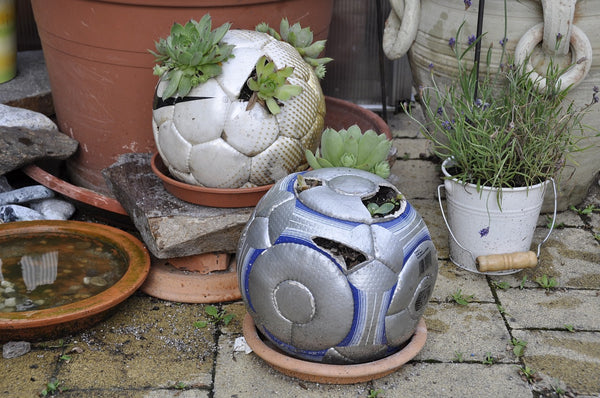
Tips for an Eco-Friendly Wash
It’s strange to think that plastic can be in our clothes, but it’s true! Certain materials used to make clothes contain microfibres (a type of microplastic), and these tiny elements can seep into the water system, ultimately entering the ecosystem. Being aware of this, it becomes even more important to be mindful of how we treat our items. To protect the environment, conserve energy, and reduce the presence of microplastics in our intricate systems, consider adopting some of the following tips:
Energy-Efficient Washing Machines – If you have one (or are planning to buy one), use an energy-efficient washing machine. These machines use less water and energy per load, contributing to overall energy conservation.
Air-Drying – Conserve energy by air-drying your clothes on a line or using an indoor drying rack, rather than using a tumble dryer which consumes a significant amount of energy.
Eco-Certified Products – Use eco-certified laundry products. These meet environmental standards and have a minimal impact on ecosystems compared to conventional products commonly found on the shelf.
Cold Water Washing – Choosing to wash your clothes in colder water saves energy and preserves the colour and longevity of your garments. It is also less harsh on the material, meaning that it is less likely that plastic fibres with come out of clothing, into the waterway.
Use Eco-Friendly Laundry Bags – Invest in some eco-friendly laundry bags. They capture microfibres released during the wash and prevent them from entering water systems.
Eco-Friendly Stain Removal – There are loads of recipes available online for you to make your own eco-friendly stain remover. Most shop-bought ones contain harsh chemicals. Next time you spill your dinner, why not try a homemade concoction instead? Using lemon, baking soda or cornstarch are a few ingredients that can work wonders at removing pesky stains.
To learn more about microfibres in clothing, have a read of the following blog: Microfibres: the plastic in our clothes | Friends of the Earth
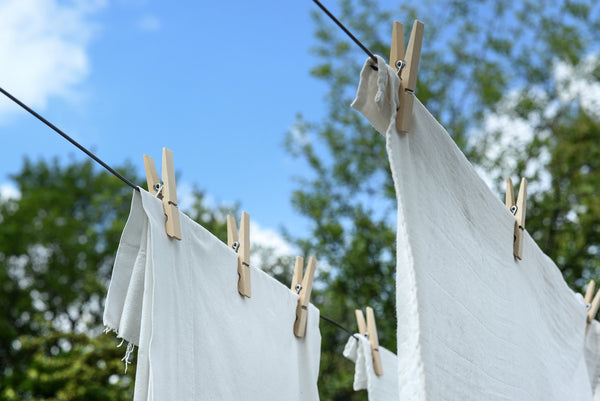
Important Dates Red Nose Day
Friday 15th March - Red Nose Day
Friday 29th March - Good Friday
Sunday 31st March - Easter Sunday
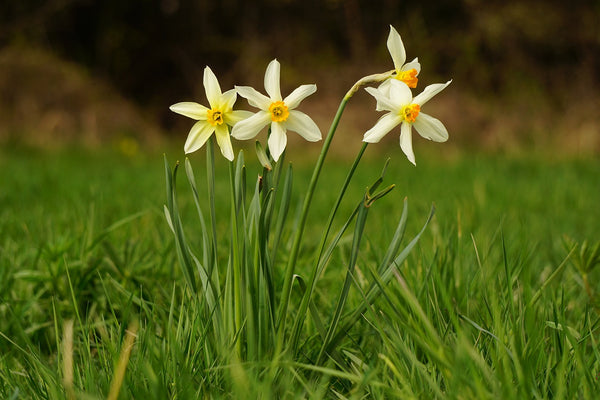
Until next month,
Julianne, Charlotte & Ed
